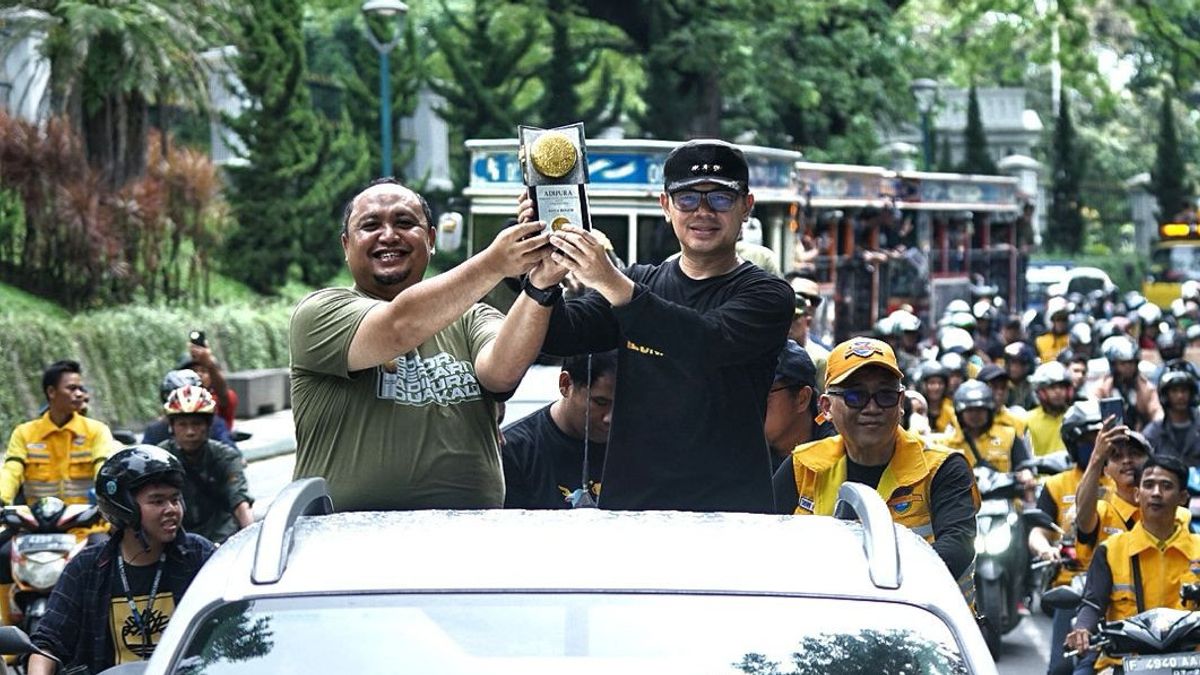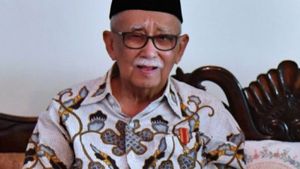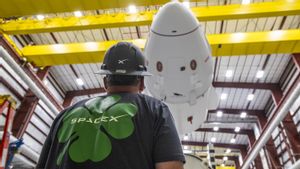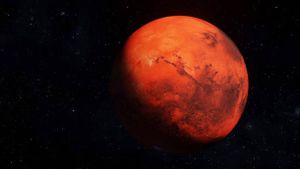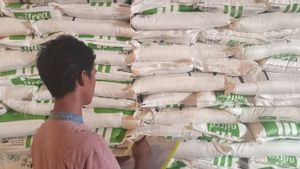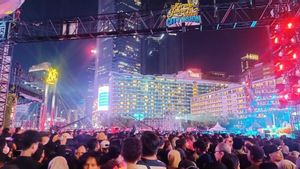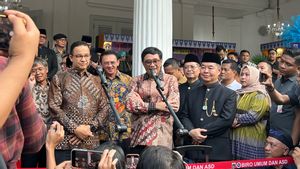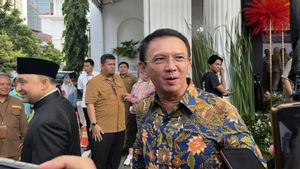Bogor City has won the Adipura Cup Award from the Ministry of Environment and Forestry (KLHK) for the 2nd in a row, since 2023 and has received again in 2024, after the last time Bogor City received the Adipura trophy in 1995.
Long wait with continued efforts to build a sustainable waste management system and environmental ecosystem, on Tuesday, February 5, Bogor City, won the Adipura Cup Award which was symbolically given to the Mayor of Bogor, Bima Arya by the Deputy Minister of the Ministry of Environment (KLHK), Alue Dohong at the Manggala Wanabakti Building, Jakarta.
The Mayor of Bogor, Bima Arya said that the second Adipura Award received during his leadership was an award for collaboration that had been carried out by the Bogor City Government (Pemkot) with communities, residents, TNI-Polri, Forkopimda, schools, campuses, entrepreneurs and all.
"Thank you for all taking care of Adipura. I entrust Adipura not to go again and we are targeting Adipura Kencana," said Bima Arya.
Adipura is a policy instrument that has gone through change and development so that it is hoped that good instruments can be created in improving the quality of a clean and sustainable environment.
"And hopefully this will be an inspiration to continue to provide innovations that do not stop to strengthen the concept of green economy, an economic circular that makes Bogor a truly green and environmentally friendly city," he said.
The award for the Adipura Award and the Peak of the Commemoration of National Waste Care Day was symbolically opened by the Vice President (Wapres) of the Republic of Indonesia (RI), Ma'ruf Amin, which began with the awarding of the Adipura Kencana Award.
"I welcome the holding of the Adipura award as one of the affirmative mediums for efforts to realize the improvement of the quality of the sustainable environment in Indonesia," he said.
"I hope this program can continue to be enriched with various innovations so that it can adapt to the dynamics of the times and change the direction of policy," continued the Vice President.
In 2025, he continued, the central government set a national waste reduction policy target of 30 percent and waste management by 70 percent so that in 2050 Indonesia targets zero waste and zero emissions by 2050.
One of the efforts is to encourage the determination of an integrated waste management system from upstream to downstream.
"This strategic system not only requires an implementative breakthrough, but also demands the performance of a participatory government and an active society," added the Vice President.
Minister of Environment and Forestry, Siti Nurbaya, explained that the Adipura assessment process was carried out based on systems and data that required regions to submit waste management data through the national waste management information system.
Entities assessed from regencies/cities are divided into five classification levels based on the formulation of policy documents and regional strategies in waste management.
SEE ALSO:
So that regions that are entitled to incentives in the form of adipura awards are determined by a comprehensive assessment result from data on the achievement of waste management performance.
"This assessment is also produced through city physical monitoring and performance assessment in the field of waste management. An assessment of the operational conditions of the TPA as well as the making of innovations carried out by the regions in realizing a clean and sustainable city," he said.
The English, Chinese, Japanese, Arabic, and French versions are automatically generated by the AI. So there may still be inaccuracies in translating, please always see Indonesian as our main language. (system supported by DigitalSiber.id)
